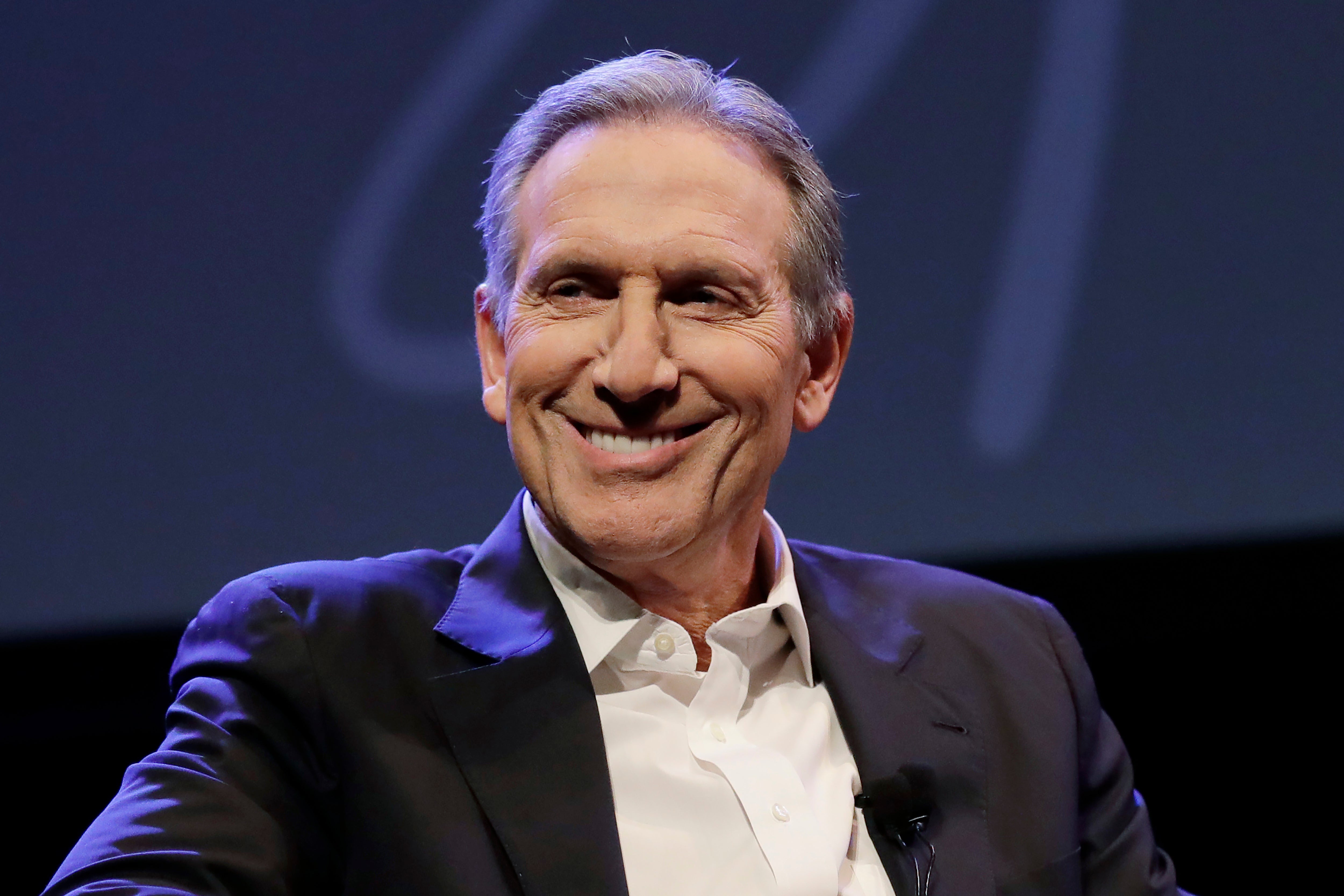Starbucks closing six Los Angeles stores over safety issues amid rising crime
‘We read every incident report you file – it’s a lot,’ senior vice-presidents told staff this week
Starbucks is closing 16 stores nationwide, including six in Los Angeles, citing soaring crime rates and societal problems, the company has announced.
The coffee giant said six stores will close in its hometown of Seattle, two in Portland, Oregon, one each in Philadelphia and Washington, and six in LA.
In a joint statement shared with the public this week, senior vice presidents of US operations Debbie Stroud and Denise Nelson said staff were experiencing firsthand the impact of a deteriorating mental health crisis, increasing drug use, racism and lack of access to healthcare.
“We know these challenges can, at times, play out within our stores too. We read every incident report you file – it’s a lot,” they said.
In Los Angeles, stores are closing at some of the city’s most famous locations: two in Hollywood, one on Santa Monica Boulevard in West Hollywood, one next to the Santa Monica Pier, and two more in Little Tokyo.
Employees at those stores will be given the opportunity to transfer to other outlets.
The company announced it would also offer active shooter training, mental health benefits and greater access to abortion care, the letter stated.
Starbucks is also considering closing restrooms to the public.
"This is the most important work ahead – and your input directly shapes our policies, programs and benefits to ensure you feel more supported and empowered..."https://t.co/YahdJubUz2
— Starbucks News (@StarbucksNews) July 11, 2022
CEO and founder Howard Schultz told employees in an open letter earlier this week that he is trying to transform its work culture.
“We need to reinvent Starbucks for the future,” he wrote, adding that the coffee company must “radically” improve the experiences of its employees.

“We’re seeing unprecedented cultural division and economic trauma – all while navigating a pandemic, and it seems as though every day there is a new crisis to address,” Mr Schultz said.
Mr Shultz returned for a third stint as CEO in April, as an unprecedented unionisation drive has been underway.
The publicly listed company has seen more than 140 stores of its 9,000 stores corporate-controlled vote to unionise since December.



